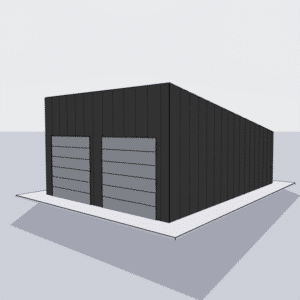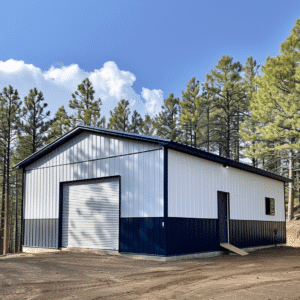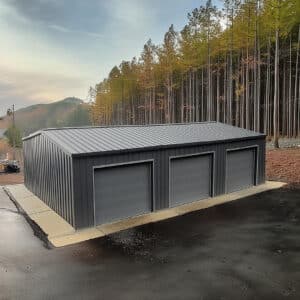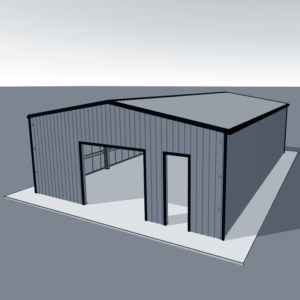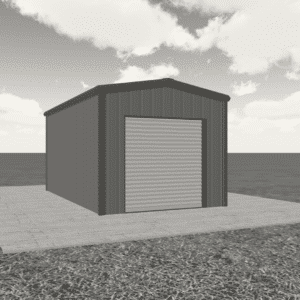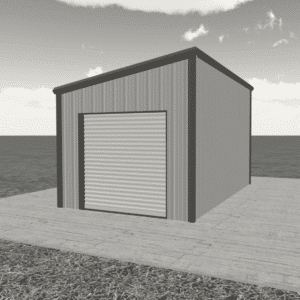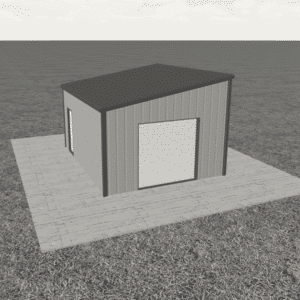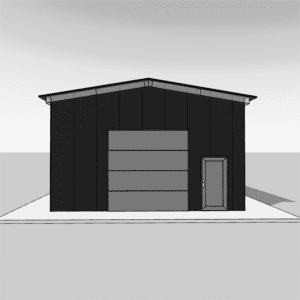-
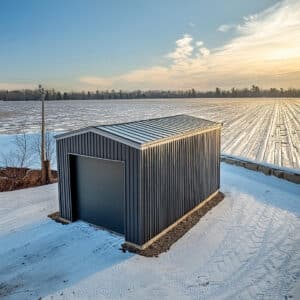
12×20 Garage Package Deposit
$4,500.00 Add to cart -
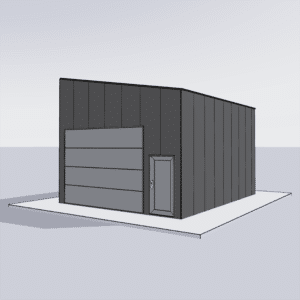
16×20 Garage Package Deposit
$5,200.00 Add to cart -
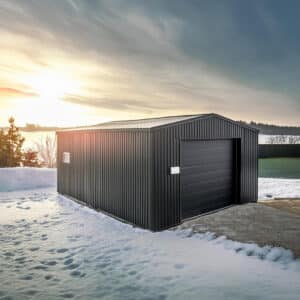
20×24 Garage Package Deposit
$5,500.00 Add to cart -
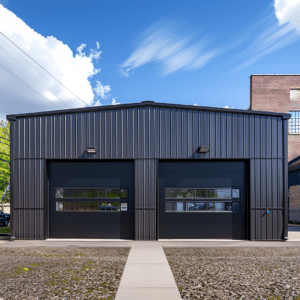
24×30 Garage Package Deposit
$6,000.00 Add to cart -
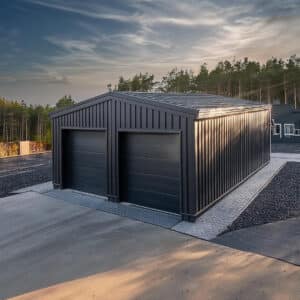
24×36 Garage Package Deposit
$6,000.00 Add to cart -
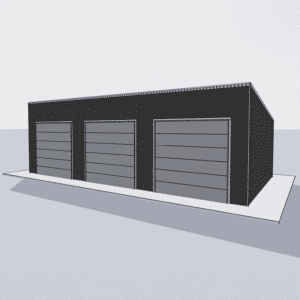
24×48 Garage Package Deposit
$7,000.00 Add to cart -
30×40 Garage Package Deposit
$8,500.00 Add to cart -
20×40 Garage Package Deposit
$5,500.00 Add to cart -
30×30 Garage Package Deposit
$8,500.00 Add to cart -
30×50 Garage Package Deposit
$8,500.00 Add to cart
Introduction to Garage Packages
What Are Garage Packages?
Garage packages are comprehensive kits that include all the materials and plans needed to build a garage. They offer a convenient and cost-effective solution for homeowners looking to add a garage to their property. These packages typically include everything from the foundation to the roofing materials, and they come in a variety of styles and sizes to suit different needs.
Benefits of Garage Packages
Garage packages provide numerous benefits, including:
- Cost Savings: Purchasing a garage package can be more affordable than sourcing materials and labor separately.
- Convenience: Everything you need is included, simplifying the planning and construction process.
- Customization: Many packages offer customizable options to fit your specific requirements.
- Quality Control: Packages from reputable providers ensure high-quality materials and construction standards.
Types of Garage Packages
Detached Garage Packages
Detached garages are standalone structures that are separate from the main house. They offer flexibility in placement and design and are ideal for properties with ample space.
Attached Garage Packages
Attached garages are connected to the main house, providing easy access and convenience. They often share a wall with the home and can blend seamlessly with the existing architecture.
Custom Garage Packages
Custom garage packages allow for personalized designs tailored to your specific needs and preferences. These packages can include unique features, specialized layouts, and materials of your choice.
Materials Used in Garage Packages
Wood
Wood is a popular choice for garage construction due to its versatility and aesthetic appeal. It offers a classic look and can be easily customized.
Steel
Steel garages are known for their durability and strength. They require minimal maintenance and can withstand harsh weather conditions.
Vinyl
Vinyl is a low-maintenance, cost-effective material that is resistant to rot and pests. It is available in various colors and styles.
Composite Materials
Composite materials combine the best properties of wood, plastic, and other substances to create durable, eco-friendly building options.
Design Options for Garage Packages
Traditional Designs
Traditional garage designs feature classic architectural elements and are often chosen to complement older homes or historical properties.
Modern Designs
Modern garage designs emphasize clean lines, minimalism, and contemporary aesthetics. They are ideal for newer homes and urban settings.
Custom Designs
Custom designs allow homeowners to create a garage that perfectly matches their vision, incorporating unique features and materials.
Choosing the Right Garage Package
Assessing Your Needs
Consider the primary purpose of your garage. Is it for vehicle storage, a workshop, or additional living space? Determine the size, style, and features you need.
Budget Considerations
Set a realistic budget for your garage project. Factor in the cost of the package, installation, permits, and any additional features you may want.
Climate and Environmental Factors
Select materials and designs that are suitable for your local climate. For example, in areas with heavy snowfall, a sloped roof and durable materials are essential.
Installation Process of Garage Packages
Pre-Installation Preparations
Before installation, ensure you have the necessary permits and a clear plan for the site. Prepare the foundation and gather all required tools and materials.
Step-by-Step Installation Guide
Follow the instructions provided in your garage package carefully. Typically, the process involves:
- Preparing the site and laying the foundation
- Assembling the frame
- Installing walls and roof
- Adding doors, windows, and other features
- Completing finishing touches
Post-Installation Tips
After installation, inspect the garage for any issues and perform necessary maintenance. Ensure proper ventilation and consider additional insulation if needed.
DIY vs Professional Installation
Pros and Cons of DIY Installation
Pros:
- Cost savings
- Sense of accomplishment
- Flexibility in scheduling
Cons:
- Requires time and effort
- Potential for mistakes
- May need specialized tools
Benefits of Professional Installation
Pros:
- Expertise and experience
- Faster completion time
- Guaranteed quality and adherence to codes
Cons:
- Higher cost
- Less personal involvement in the project
Cost of Garage Packages
Factors Affecting Cost
Several factors influence the cost of garage packages, including:
- Size and design
- Materials used
- Customization options
- Labor and installation costs
Average Cost Estimates
The average cost of a basic single-car garage package ranges from $5,000 to $10,000, while larger, more elaborate designs can cost $20,000 or more.
Cost-Saving Tips
- Opt for standard designs instead of custom options
- Consider DIY installation
- Shop around for the best prices and deals
Financing Options for Garage Packages
Loan Options
Many financial institutions offer loans specifically for home improvement projects, including garage construction. Compare interest rates and terms to find the best option.
Payment Plans
Some garage package providers offer payment plans, allowing you to spread the cost over several months or years.
Grants and Subsidies
Check for local or federal grants and subsidies available for home improvement projects, which can help offset the cost.
Garage Package Kits
What’s Included in a Kit?
A typical garage package kit includes:
- Detailed construction plans
- All necessary materials (lumber, roofing, siding, etc.)
- Hardware and fasteners
- Doors and windows
Advantages of Kits
Garage package kits offer several advantages:
- Convenience: Everything you need is included
- Cost savings: Often cheaper than buying materials separately
- Ease of installation: Detailed plans and instructions
How to Choose the Right Kit
Consider your needs, budget, and skill level when selecting a garage package kit. Look for kits with good reviews and a reputation for quality.
Customization Options
Custom Layouts
Customize the layout of your garage to include additional storage, workspaces, or living areas.
Additional Features
Add features like windows, skylights, insulation, and electrical wiring to enhance the functionality and comfort of your garage.
Upgrading Existing Garages
If you already have a garage, consider upgrading it with new materials, additional space, or modern features.
Permits and Regulations
Understanding Local Building Codes
Research local building codes and regulations to ensure your garage project complies with all requirements.
How to Obtain Permits
Apply for the necessary permits before starting construction. This typically involves submitting plans and paying a fee.
Compliance Tips
Work with your contractor or garage package provider to ensure all aspects of your project meet local regulations and codes.
Maintenance of Garage Packages
Routine Maintenance Tips
Keep your garage in top condition with regular maintenance, including:
- Cleaning and inspecting the exterior
- Checking for leaks and damage
- Lubricating doors and hardware
Repair and Upkeep
Address any issues promptly to prevent further damage. This includes fixing leaks, replacing damaged materials, and maintaining the roof.
Long-Term Care Strategies
Plan for long-term care by scheduling regular inspections and maintenance. Consider investing in durable materials and features that reduce the need for frequent repairs.
Environmental Impact
Sustainable Building Materials
Opt for sustainable materials like reclaimed wood, recycled steel, or eco-friendly composites to minimize environmental impact.
Energy-Efficient Designs
Incorporate energy-efficient features such as insulation, energy-saving windows, and solar panels to reduce energy consumption.
Eco-Friendly Practices
Implement eco-friendly practices during construction, such as minimizing waste and using non-toxic materials.
Case Studies and Testimonials
Success Stories
Read about successful garage package projects to get inspiration and learn from others’ experiences. Success stories often highlight the benefits and challenges of different designs and installations.
Customer Reviews
Customer reviews provide valuable insights into the quality and reliability of garage packages and providers. Look for feedback on materials, ease of installation, and overall satisfaction.
Lessons Learned from Real Projects
Learn from the mistakes and successes of other homeowners. Real-life examples can help you avoid common pitfalls and make informed decisions.
Common Mistakes to Avoid
Planning Errors
Avoid planning errors by thoroughly researching and preparing for your project. Ensure your design meets your needs and complies with local regulations.
Installation Mistakes
Follow the installation instructions carefully to avoid mistakes. Common errors include improper foundation preparation and incorrect assembly of materials.
Maintenance Oversights
Don’t neglect routine maintenance. Regular upkeep is essential to prolong the life of your garage and prevent costly repairs.
Future Trends in Garage Packages
Innovations in Design
Stay updated on the latest design trends, including modular garages, smart technology integration, and innovative materials.
Emerging Materials
Explore new materials that offer improved durability, sustainability, and aesthetic appeal. Advances in composite materials and recycled options are particularly noteworthy.
Technological Advancements
Technological advancements in construction methods, such as 3D printing and prefabrication, are making garage packages more efficient and customizable.
FAQs about Garage Packages
How long does it take to install a garage package? The installation time for a garage package varies depending on the size and complexity of the project. A basic garage can be completed in a few weeks, while more elaborate designs may take several months.
What is included in a garage package? A typical garage package includes construction plans, all necessary materials, hardware, doors, windows, and sometimes insulation and electrical components.
Can I customize my garage package? Yes, many providers offer customizable options, allowing you to choose specific features, materials, and layouts that meet your needs.
Do I need a permit to build a garage? Yes, most areas require a building permit for garage construction. Check with your local building authority to determine the specific requirements in your area.
Is it cheaper to build a garage from a package? Garage packages can be more cost-effective than sourcing materials and labor separately. They provide a convenient, all-in-one solution that often includes discounts on materials.
Can I install a garage package myself? Yes, DIY installation is possible for those with the necessary skills and tools. However, professional installation is recommended for complex designs and to ensure quality and compliance with local codes.
Conclusion
Garage packages offer a practical and affordable solution for adding a garage to your property. With various types, materials, and customization options available, you can find a package that meets your needs and budget. Whether you choose to install it yourself or hire a professional, understanding the process and making informed decisions will ensure a successful project.


